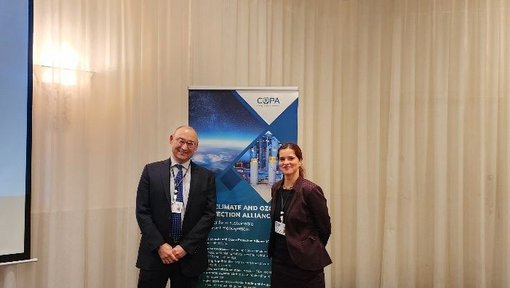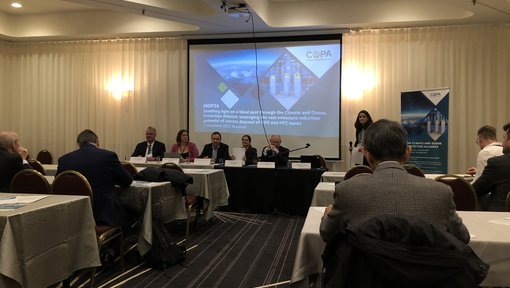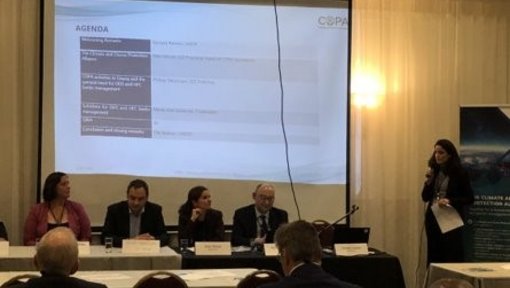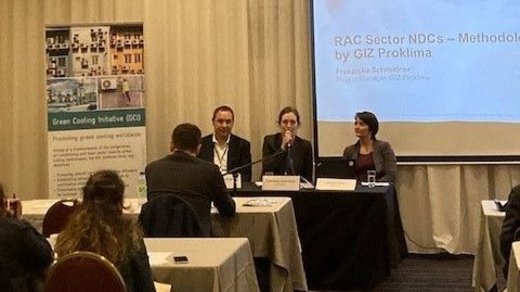Leveraging the vast emissions reduction potential of correct disposal of ODS and HFC banks.
On 2 November 2022 the Climate and Ozone Protection Alliance was presented to interested participants of the Meeting of the Parties in Montreal. The event was jointly organized by UNDP, UNIDO, Tradewater, and GIZ, who are all members of the Alliance, initiated by the German Federal Ministry of Economic Affairs and Climate Action.
The amount of Ozone Depleting Substances and Hydrofluorocarbons accumulated globally in outdated or end-of-life refrigerants, including foams, not being managed in an environmentally sound manner are estimated at approximately 1.5 Gt CO2-eq annually. At the Meeting of the Parties this issue was raised on several occasions.
This is where the Climate and Ozone Protection Alliance (COPA) comes in. Together with diverse actors from governments, the private sector, NGOs, academia and international organizations, COPA accelerates the mitigation measures urgently needed to address banks of ODS and HFCs. COPA devises and carries out holistic solutions that combine financing, policy making and expertise in recovery, reclamation and destruction technologies with hands-on experience in the cooling sector. COPA’s vision is closing the loop to a circular economy in the cooling sector through sustainable refrigerant management. COPA promotes international dialogue and knowledge transfer, it offers access to a network, expertise, and enables mutual learning.
All speakers pointed out the importance of joining forces and Tradewater presented one of the options of dealing with ODS and HFC banks via carbon offset credits and their experiences in different countries.
For more information on COPA please see www.copalliance.org

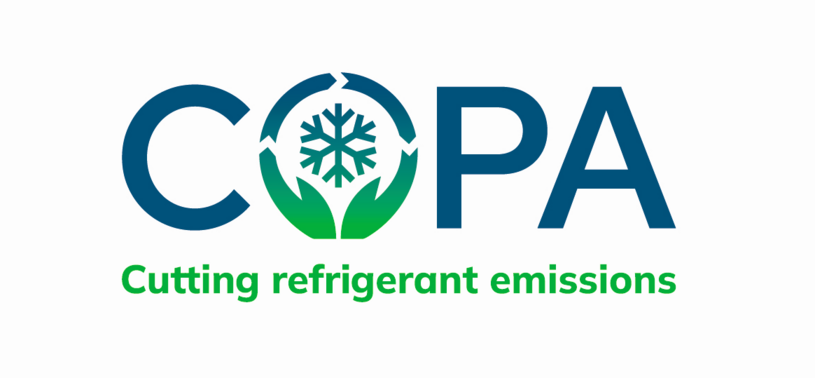
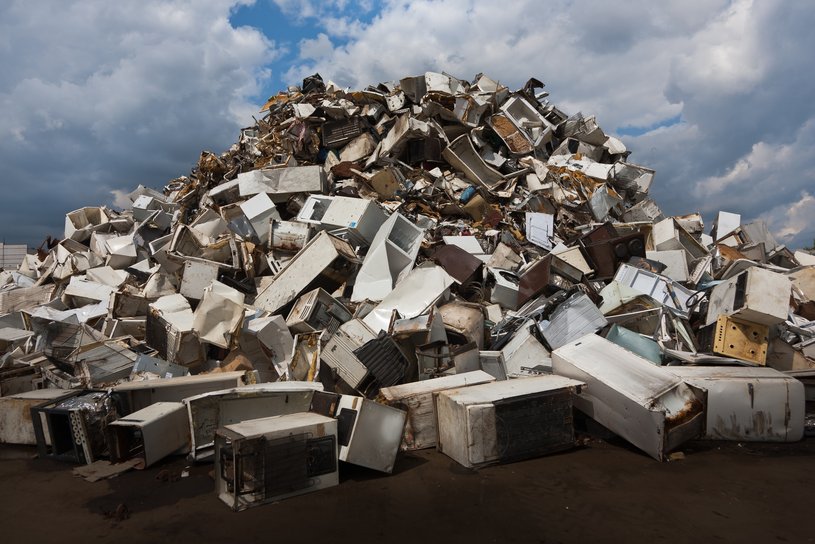 Image: Shutterstock / Mikhail P.
Image: Shutterstock / Mikhail P.